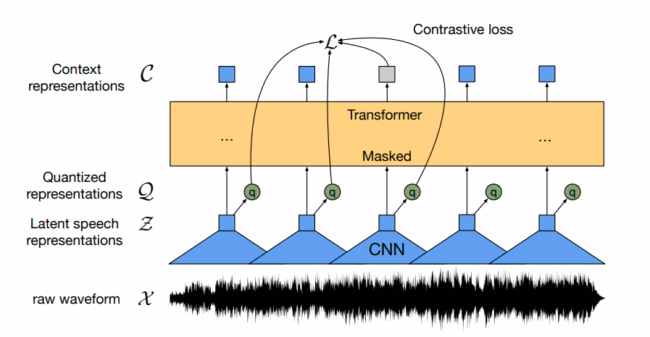Ëmfro iwwert de Lëtzebuergesch-Unterrecht
De Lëtzebuerger Bildungssystem am Wandel. Dëst ass d’Theema mat deem sech d’Véronique Glod an hirer Masteraarbecht befaasst. Dass et säit dem éischte Schoulgesetz vun 1843 zu villen Ännerungen am Schoulsystem komm ass, ass verständlech, mee wéi hunn dës d’Entwécklung vum Lëtzebuergesch-Unterrecht beaflosst? Fir dat erauszefannen ass Är Hëllef gefrot: Wéi huet Äre Lëtzebuergesch-Unterrecht ausgesinn an…



